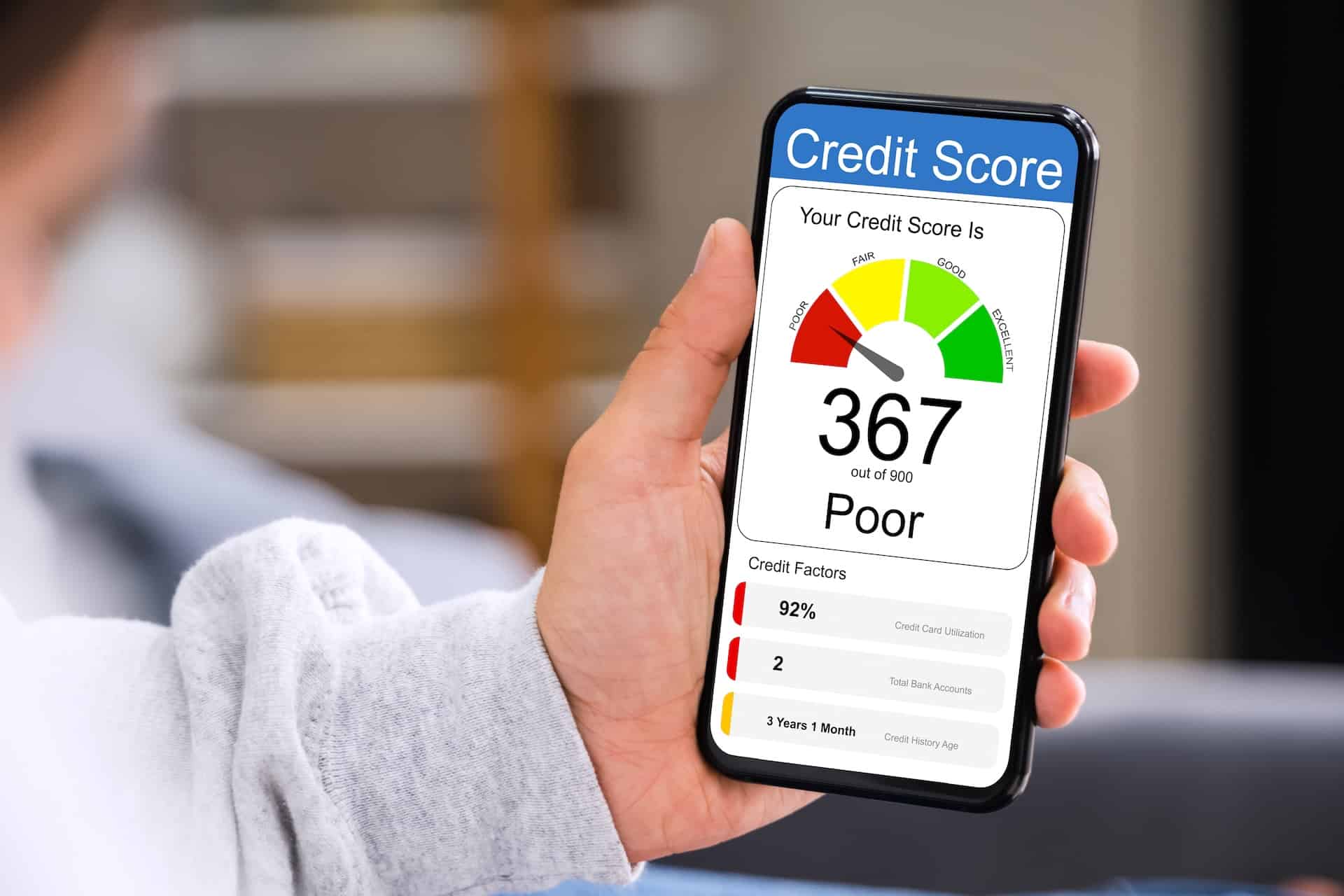Get an education, work hard for 40-plus years and then spend the rest of your days enjoying retired life. That’s the mantra that a lot of Baby Boomers grew up with, but it’s not quite that easy these days. Hard work doesn’t equal a fat 401(k) and bad credit may mean uber-high interest rates on your maxed out credit cards.
The combination of lack of funds and having a less-than-optimal credit score will hinder your ability to finance your retirement dreams whether they be an international vacation or a second-home on the beach.
More than one-third of Credit Sesame readers want to improve their credit score, and for Baby Boomers this is a worthy goal since our stats show the average Baby Boomer’s credit score is 654. Not a bad score, but it’s just above the cut-off for what’s considered a good credit score.
One way that many consumers can get a boost to their credit score is to get a free copy of their credit report card and check for errors. Not everyone’s report has mistakes, of course, but you should check it just to be sure. A debt that’s not even yours, or an old one that was paid off decades ago has no business showing up on your report and it is negatively effecting your ability to get great rates when you need to borrow money.
Even if you faithfully check your credit reports three times a year, you could be victim to another credit mistake that will impact your ability to get a mortgage for that beach house or flashy sports car that you’ve dreamed of for years. Doing any one or more of the following can put your credit score in jeopardy:
1. Using too much credit
Based on Credit Sesame’s reader data, the average Baby Boomer has six credit cards. Six isn’t a high number if you consider half of them may be a standard credit card while the other three are store cards. However the more cards, and available credit you have, puts your credit score at risk by potentially having a high debt-to-credit ratio or too much available credit.
Typically store credit cards are a good choice when you need to cut up a card or two, so go ahead and close out that Sears one that you opened just to get the extra discount on your living room furniture.
2. Co-signing for an adult child
Banks only require cosigners when they feel the loan applicant can’t pay, so when your son comes to you asking to co-sign on his new auto loan, you can feel certain that he isn’t very credit-worthy and that it’s quite possible you’ll be footing the bill a few months or years down the road. You may feel obliged to help him out, but don’t. He’s an adult and he’ll soon figure out that he can’t afford a $30,000 vehicle, but a used $7,000 one will get him around just fine.
Now if you can afford to, and want to, you could give him some cash to help with the purchase. But there’s no reason to risk your own credit score and financial position to participate in someone else’s financial misbehavior.
3. Taking on student loans
Credit Sesame’s data shows that the average Baby Boomer has $32,180 in student loan debt; be that their own or some that they’ve taken on for their children or grandchildren. Whether you’re thinking of returning to school to finally finish a degree, to gear up for a second career or you have a child with sights set on a higher education, you need to seriously think twice before taking on a student loan.
Check with your current employer to see if they’ll foot the bill (if you’re staying with the company) or check into community programs that might offer tuition assistance for non-traditional students. Fill out the FAFSA to find extra free money for college and finally consider taking on a part-time job to cash flow the degree. Encourage your child to complete the FAFSA, apply for every scholarship they can find and fill their holidays with work.
No matter where you are on the road to retirement, or if you’re already there, avoid these mistakes to preserve your nest egg and provide as comfortable a retirement for yourself as possible.




















